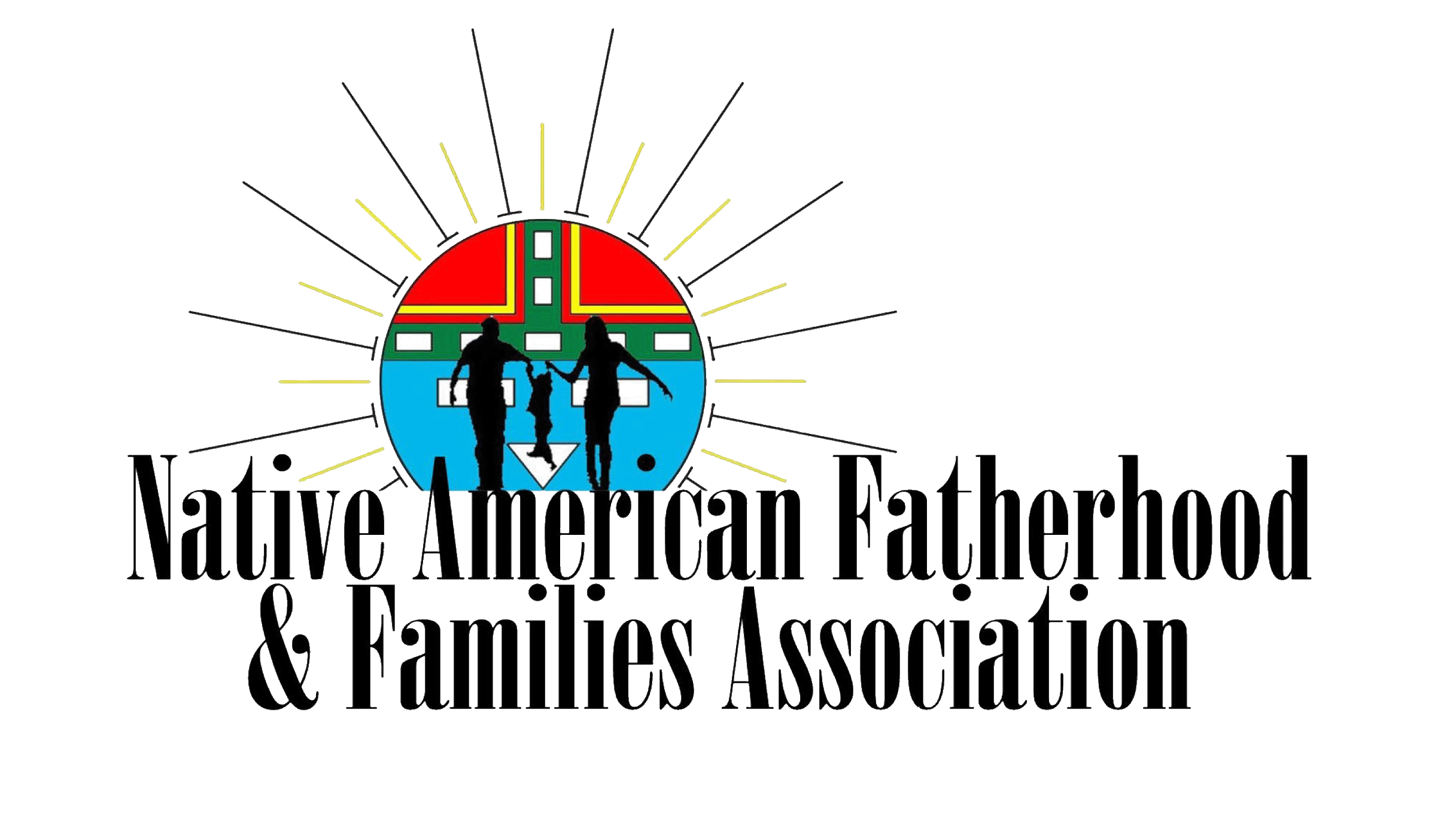A Choice for Goodness
- Admin
- Jul 2
- 3 min read
Have you ever experienced a moment when someone's goodness altered the course of your life? In the life of a friend, she told me the story of how through her struggle to be a kind and a good person, she chose goodness in waiting in line at a gas station while the truck in front took longer than normal to fill the tank. This act of kindness unexpectedly blessed her life.

When we decide to become good, decent and honorable people, we prepare ourselves for change. Change takes courage and courage begins with the decision to do what is right, even when it’s hard, unpopular or unseen.
NAFFA has developed a program to improve the lives of many. There are three principles which help us remember to choose goodness.
Self-worth: Much of a person’s self-worth is tied to the safety and well-being as a child and the strength of the relationship to parents. NAFFA has learned that it is the parents that lay the foundation of life, not schools, churches or friends. All important decisions have direct correlation to self-worth. Many times, the worst choices made in our lives were because of our lack of self-worth.
Strong self-worth brings self-care, self-control, self-motivation, and confidence. Self-worth is important to happiness and progression in life. We should place a high value on our personal right to choose which will help us learn to value, love, recognize and embrace truth. We can develop the courage to do what is right, not what is easy, which contributes to our strong self-worth. This in turn produces a positive attitude towards ourselves and others. Through these experiences, we will learn, understand, and even appreciate the hard lessons of life.
Personal Identity: Personal identity has a direct correlation to the perceptions we have about ourselves over the course of our life. This includes our lifestyles, culture, family, and the part of our lives in which we have no control as in race, gender, or body image.
Identity determines our character. The challenges and successes of life help create our own personal identity. How parents think, talk, and treat their children directly affects their children’s actions. How we are treated indirectly by family, friends, peers, and other role models can have a positive or negative effect. Identity is personal, it makes us unique and distinguishes us from others. Finding one’s true identity comes only through and by truth. In reality, our identity is formed through the choices and actions whether good or bad. When we know who we are, we find the strength to live with purpose, stand for what’s right, and lift others with confidence and compassion. The knowledge of personal Identity has helped many to become successful.
Malala Yousfzai was born in Mingora, Pakistan, in 1997. Her father Ziauddin Yousafzai, was a teacher and education advocate who ran a girls' school. From a young age, Mala was passionate about learning and joined her father in his advocacy for education. When the Taliban took control of the Swat Valley, they banned girls from attending school. Malala, inspired by her father and her own love of learning, began speaking out against the Taliban's restrictions, initially through a blog for the BBC Urdu under a pseudonym name. In 2012, a Taliban gunman shot Malala on her way home from school because of her activism. She survived the attack and was moved to Birmingham, England for treatment. Malala, along with her father, co-founded the Malala Fund, an organization dedicated to brining awareness to the social and economic impact of girls' education and empowering girls to advocate for their rights. In 2014, Malala was awarded the Noble Peace Prize, becoming the youngest recipient in history. She continues to be a powerful voice for girls' education and human rights traveling the world and advocating for change.
Fred Rogers from the

Mister Rogers Neighborhood tv program understood his identity as a gentle guide for children and made it his life’s work to speak directly to them about difficult emotions, kindness, and self-worth. His quiet conviction and unwavering commitment to goodness shaped generations with compassion and emotional wisdom.
Purpose: Knowing our own purpose in life brings us direction, discipline and self-improvement. We have a greater meaning to life and help us define a plan to overcome our struggles. We must work towards having a purpose driven life.

Viktor Frankl learned his purpose through the suffering he experienced during the Holocaust. A Holocaust survivor and psychiatrist, he discovered that even in the worst suffering, life has meaning. His identity as a seeker of truth and his purpose to help others find meaning gave rise to his important work, Man’s Search for Meaning. His story is a testament to the human spirit’s resilience when rooted in purpose.
A strong self-worth, identity, and purpose is the source of our personal strength and power, giving us the ability to solve any of life's problems.





Comments